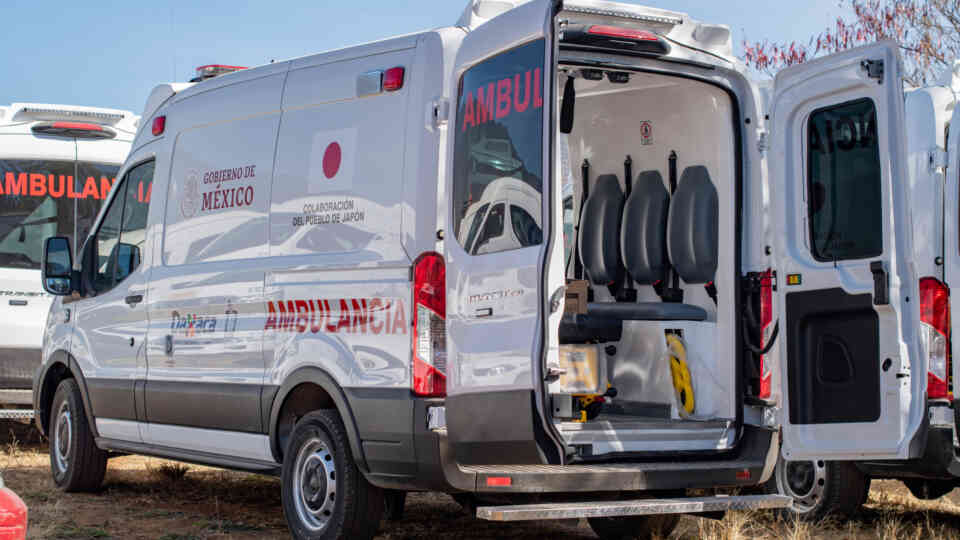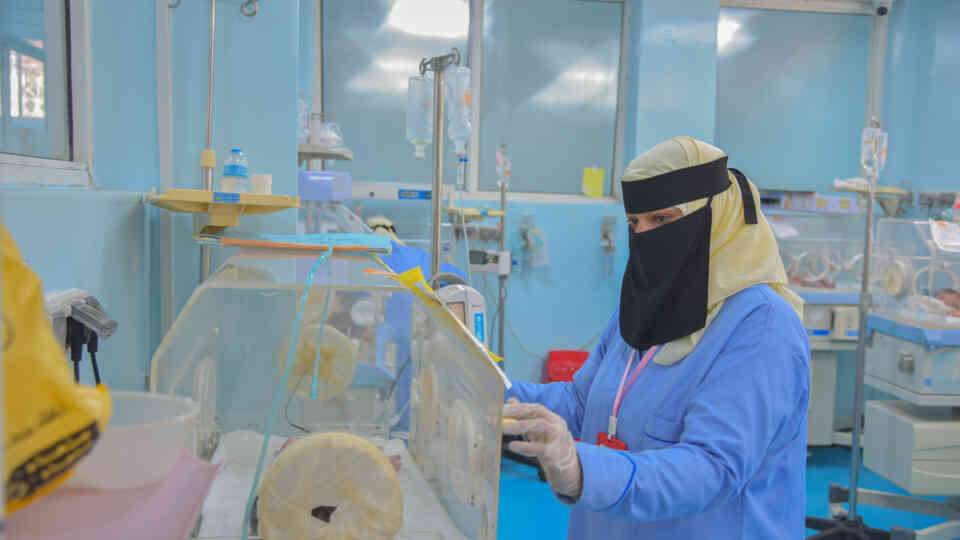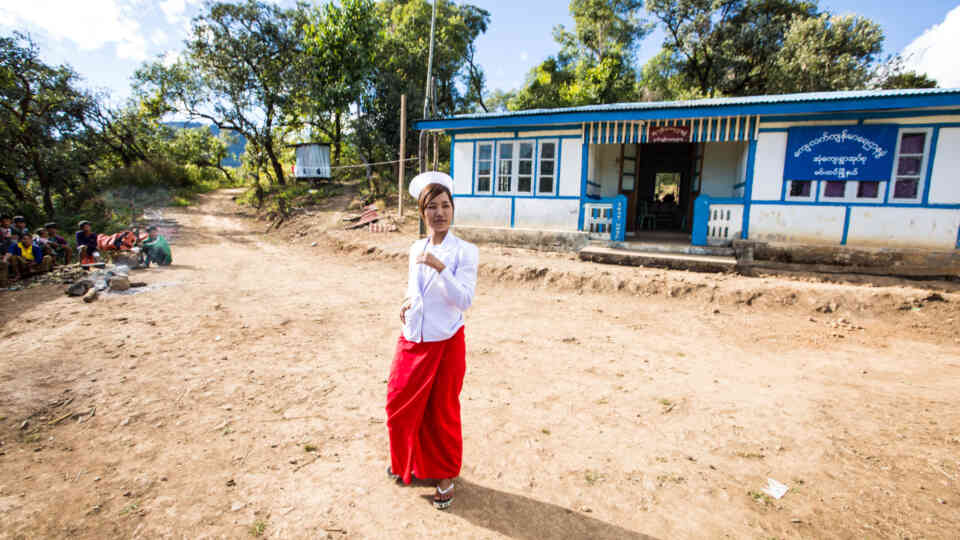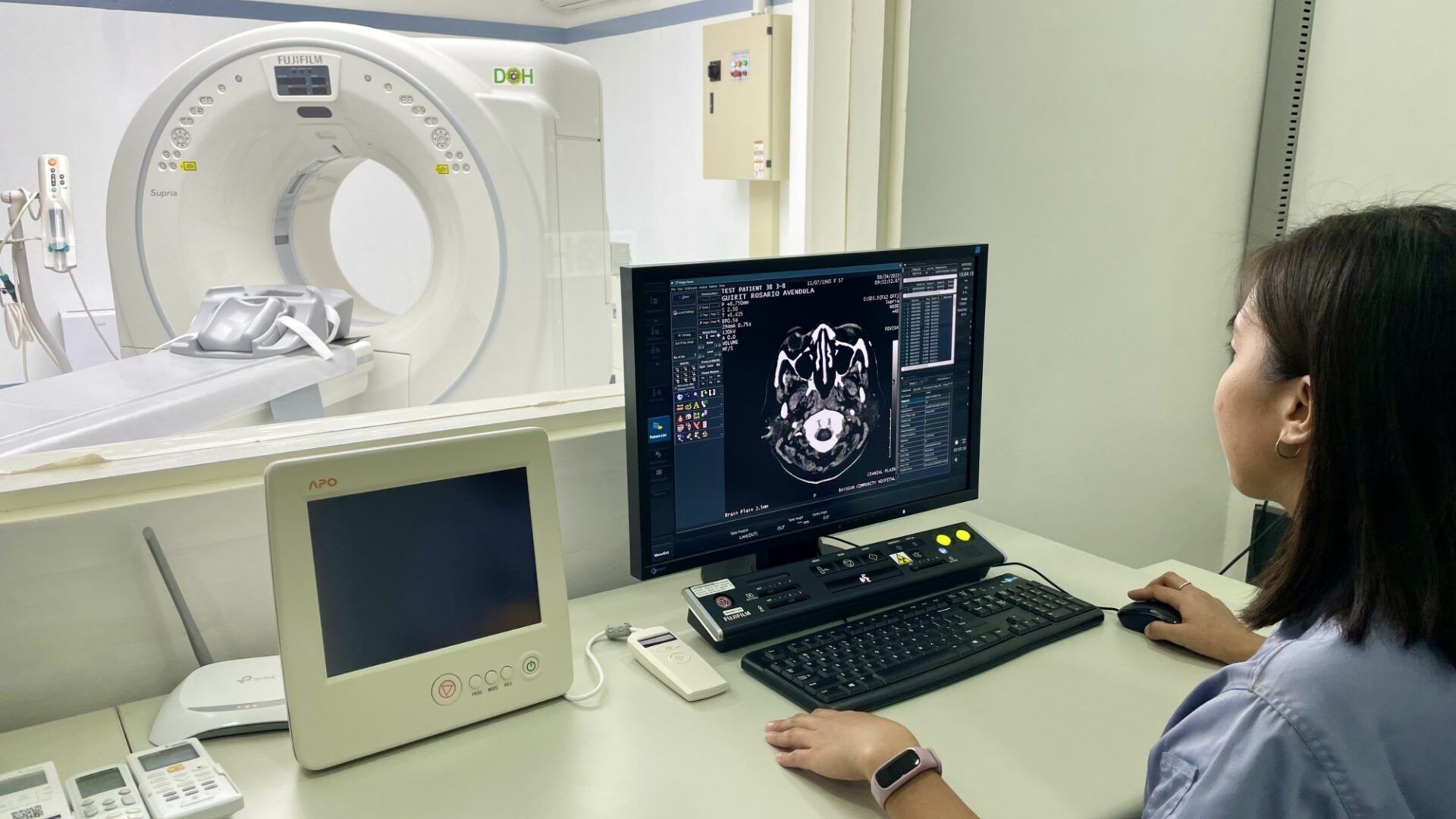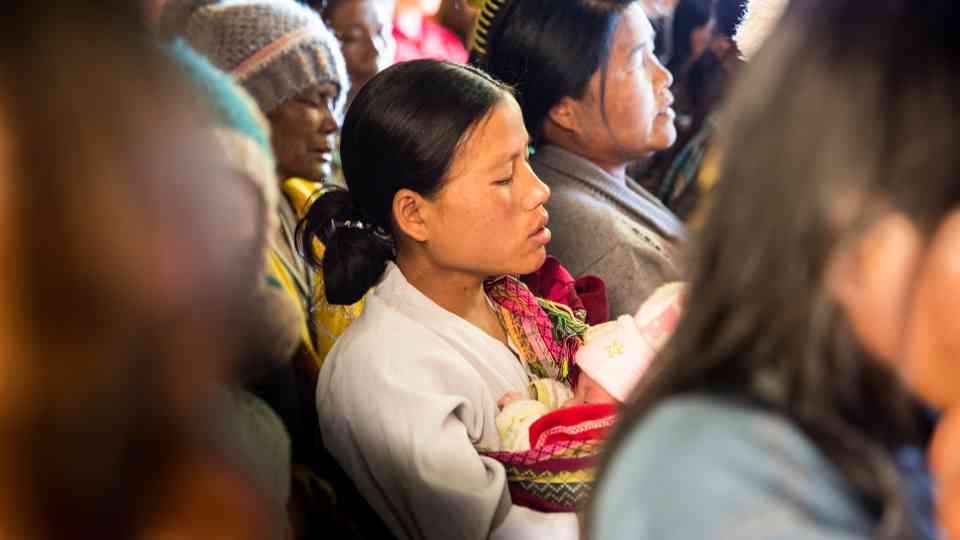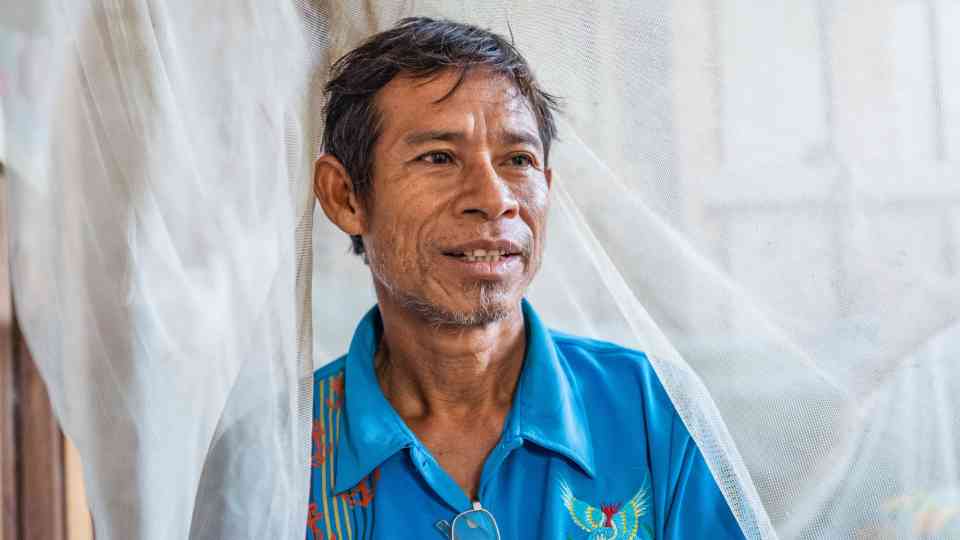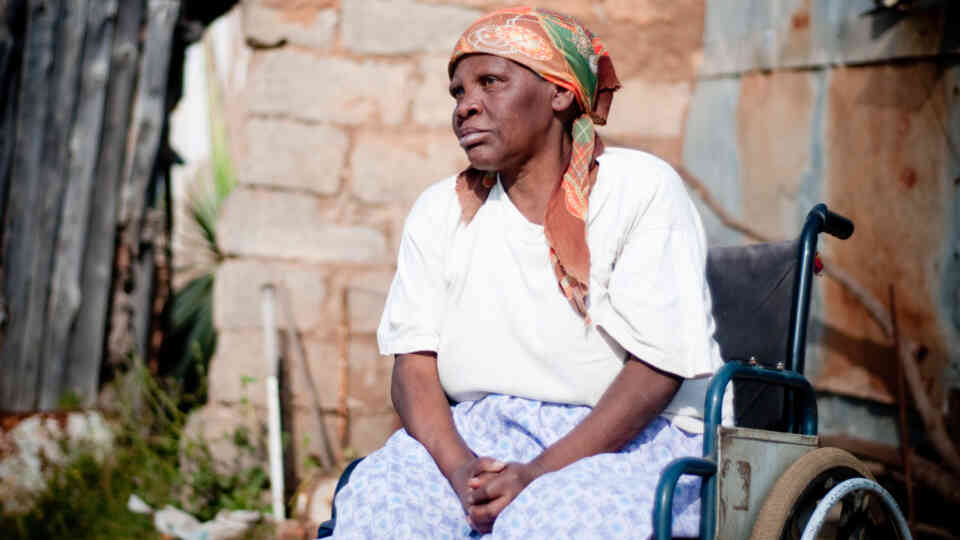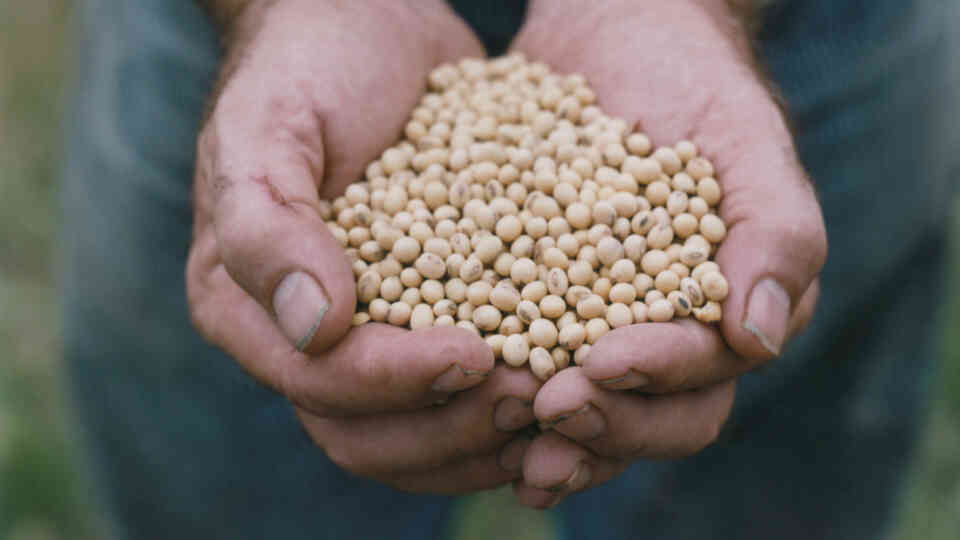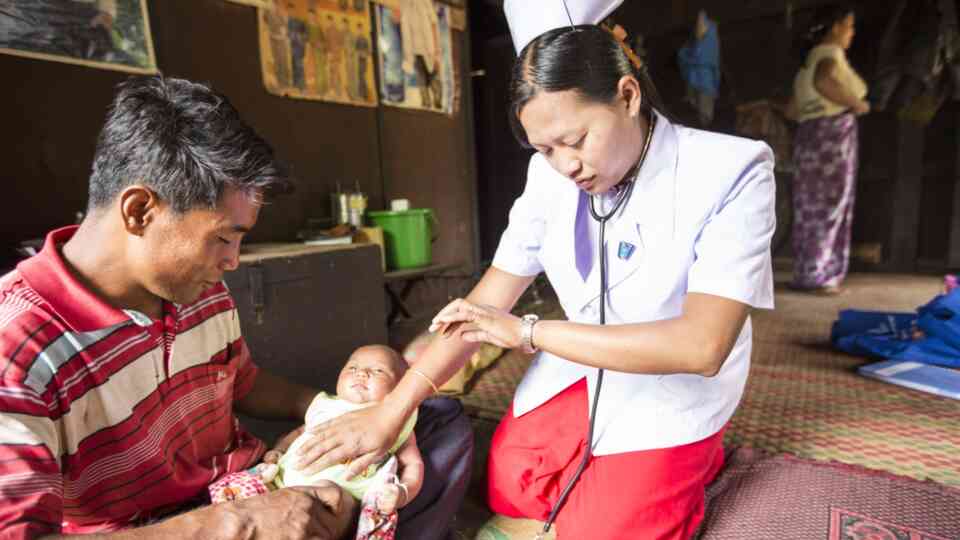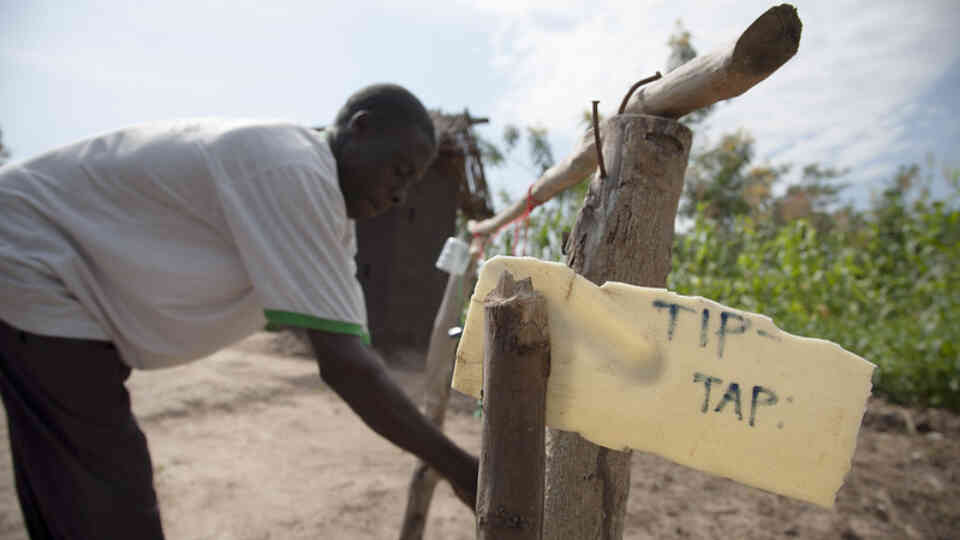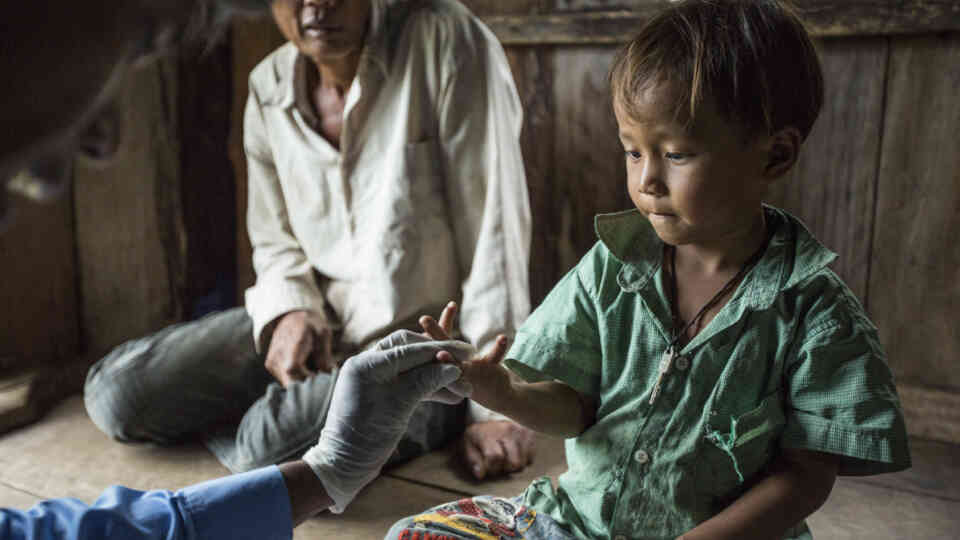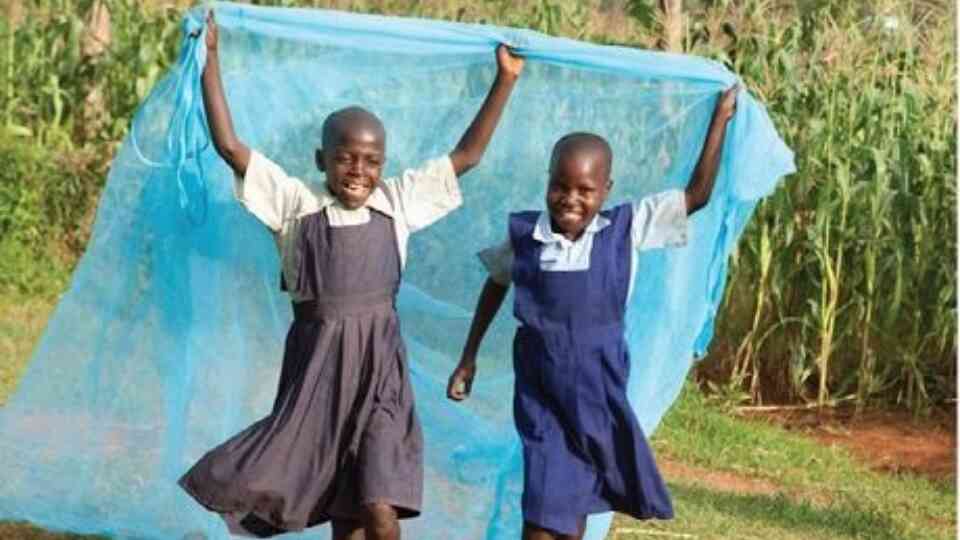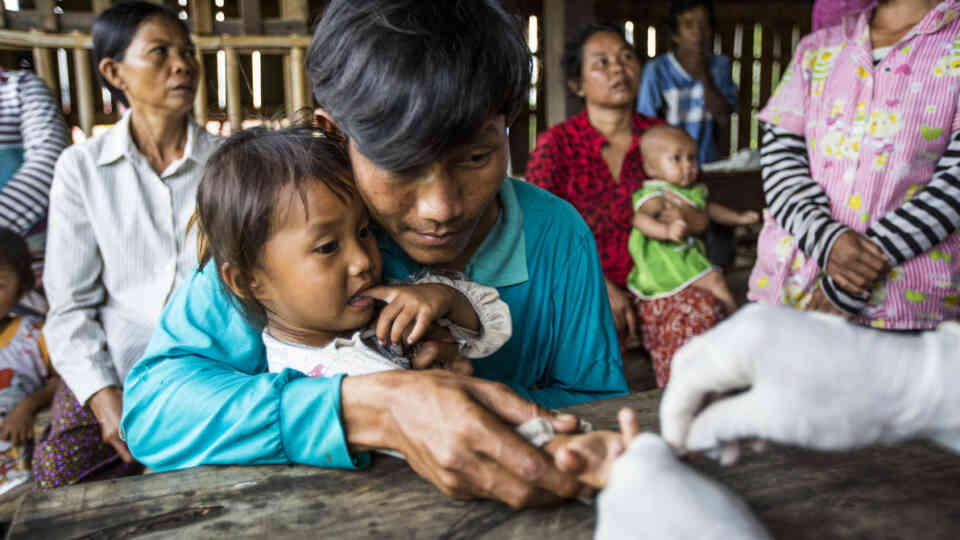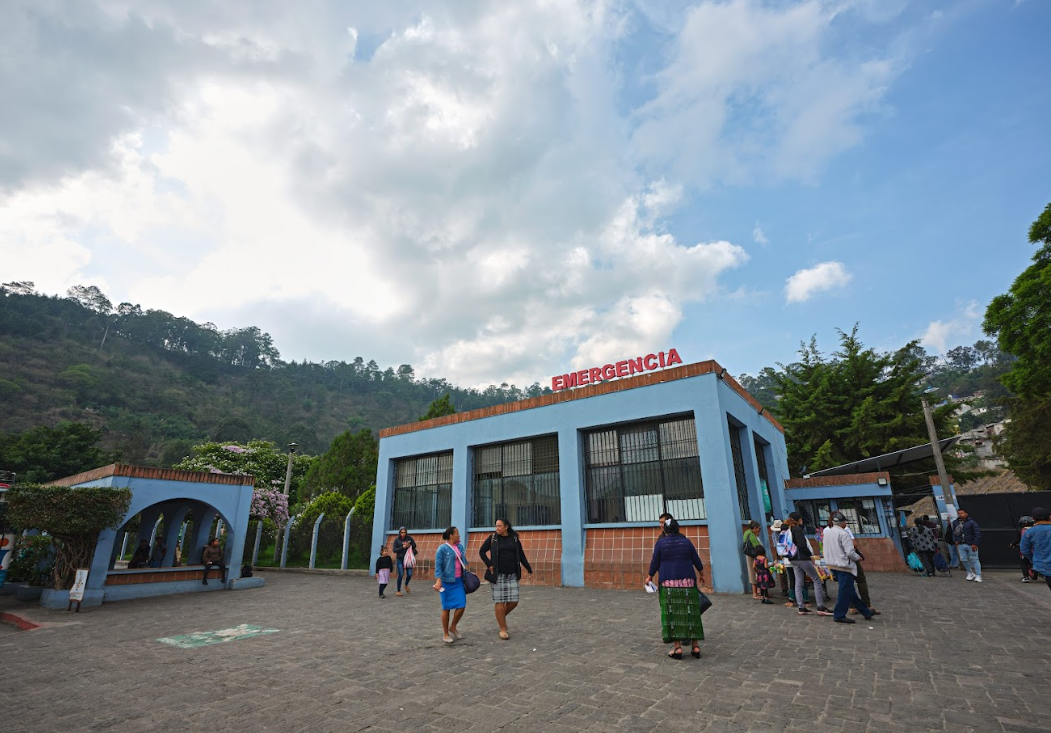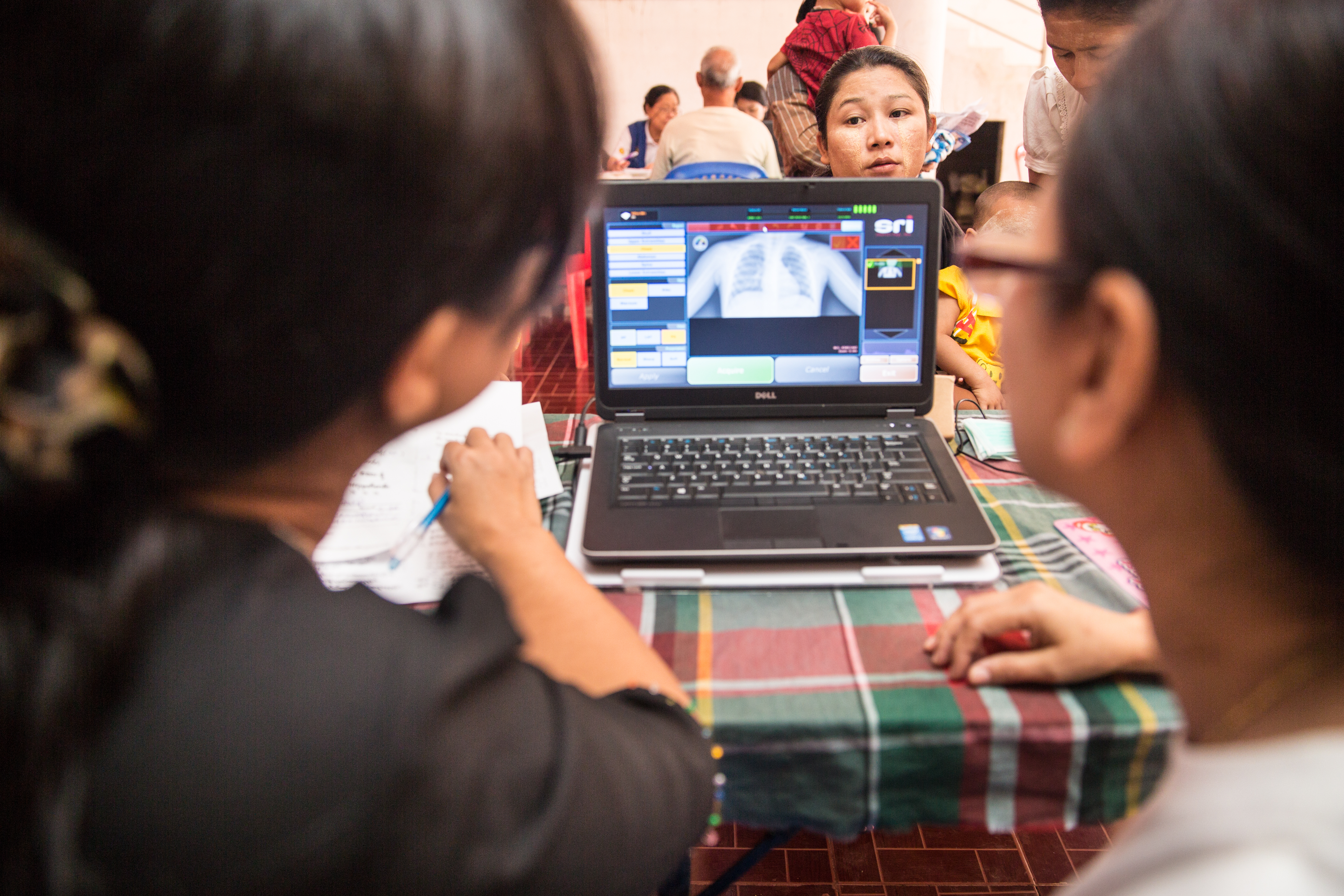The United Nations Office for Project Services (UNOPS)

Healthcare for all
Sustainable, inclusive and resilient health systems are critical to addressing global health challenges and achieving the Sustainable Development Goals.
With partners, we're tackling some of the world’s biggest health challenges, providing our expertise in delivering resilient infrastructure, sustainable procurement solutions and more.
Around the world, inequities in health prevent underserved populations from achieving their full potential. Climate change, conflict and the pandemic further expose the vulnerability of global health systems.
To better manage health emergencies and put us back on a path to achieving the Sustainable Development Goals, health systems need quality infrastructure, resilient supply chains and workforces that are equipped with the latest advances in policy and practice.
At UNOPS, we believe sustainable, inclusive and resilient infrastructure and efficient procurement approaches play a critical role in strengthening the resilience of health systems, and provide essential and life-saving healthcare services.
From working with governments to develop and improve public health procurement to ensuring critical infrastructure is in place to improve access to services, we are committed to supporting efforts to build a healthier future for all.
How we support
How we support
In some of the world’s most challenging environments and humanitarian contexts, we leverage our infrastructure, procurement and project management services to help address complex health challenges and build sustainable and resilient health systems.
Mission Hubs
Our dedicated Quality Healthcare Hub brings together knowledge, experience and expertise from across the UNOPS family. It supports efforts to strengthen the availability of essential health-related supplies, equipment and facilities necessary to deliver quality healthcare and services for all.
Latest news and stories from UNOPS
On the ground
On the ground
Initiatives
Initiatives
To help build resilient health systems and deliver on the 2030 Agenda, we provide fund management, hosting and capacity building services to ensure the effective delivery of targeted health programmes. Explore some of the health initiatives we support below.
Watch
Watch
From Honduras to Lebanon to Sri Lanka, watch how we’re helping build a healthier future for all, together with partners.







